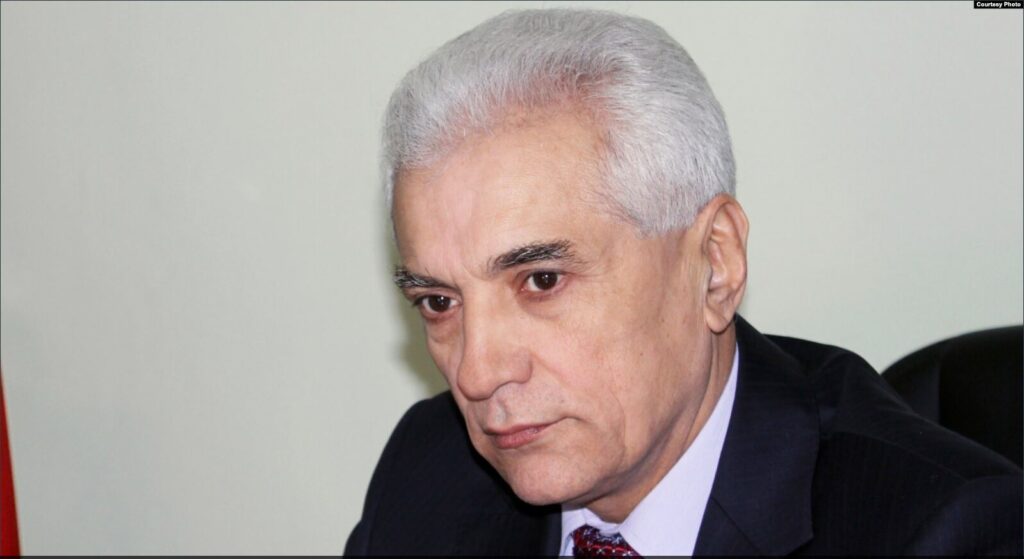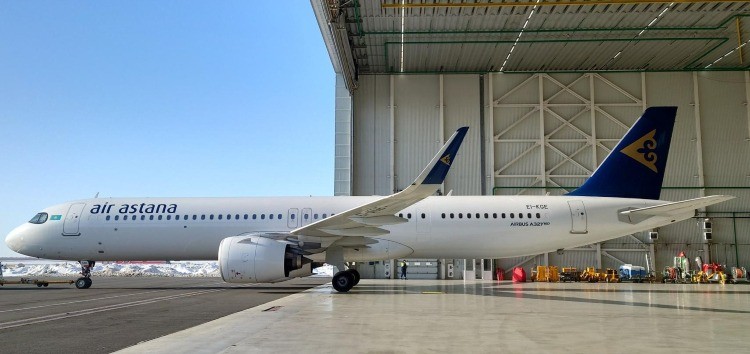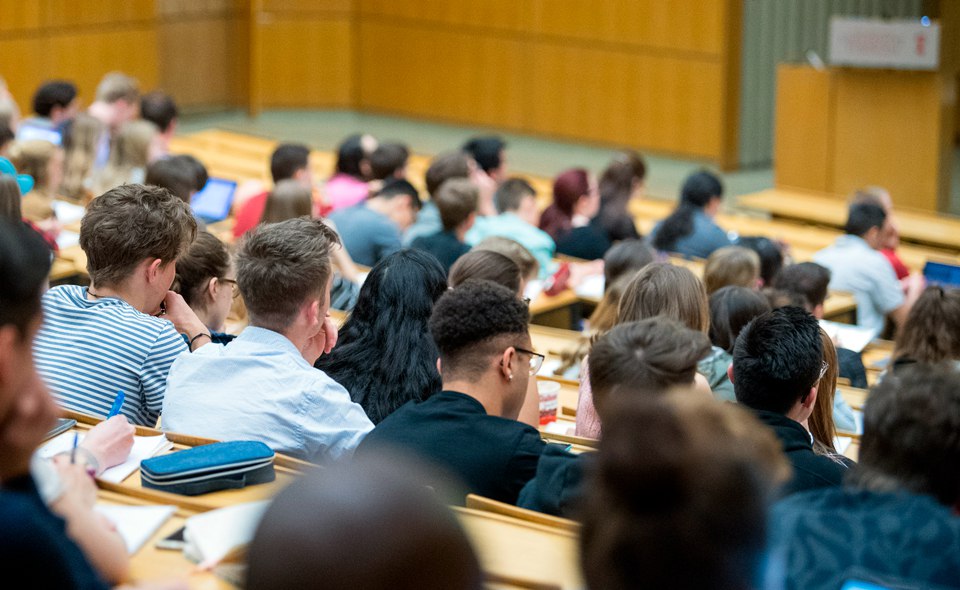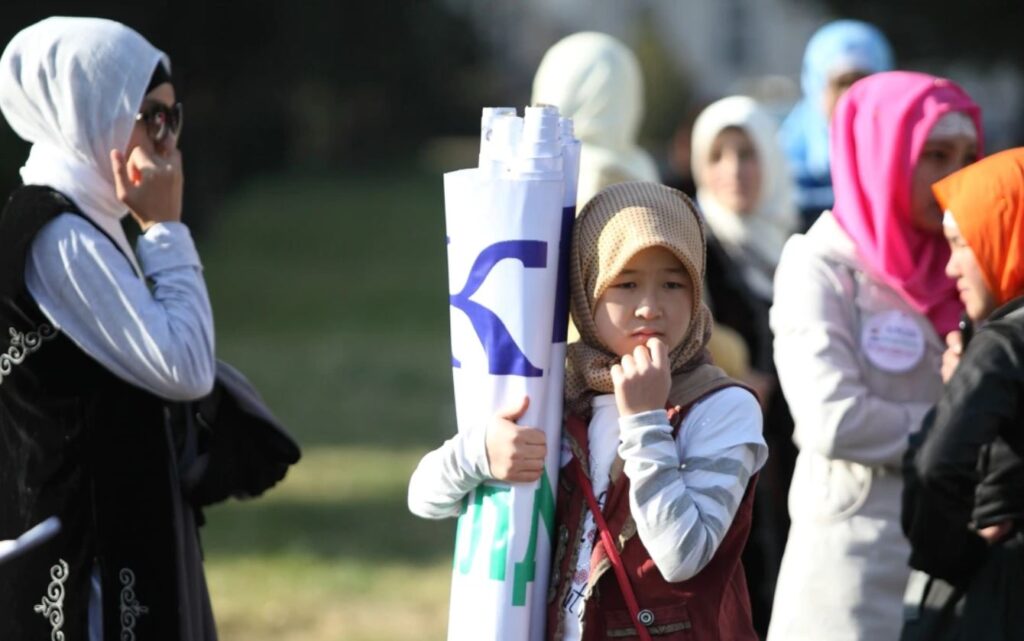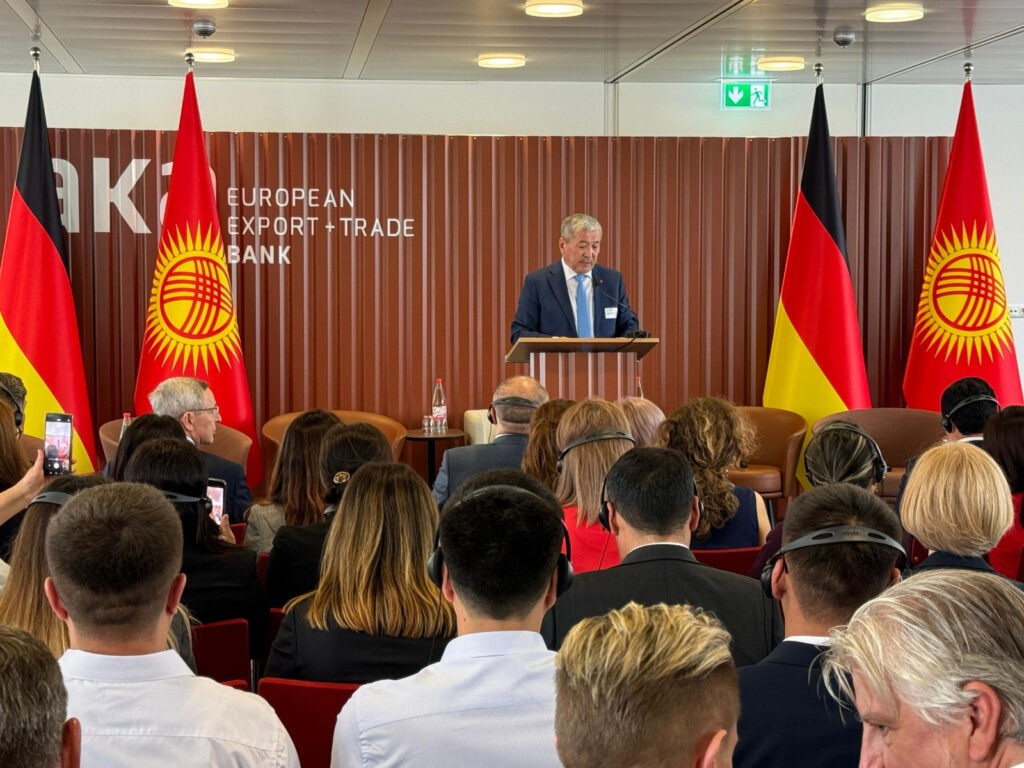The Kazakh authorities are once again trying to restrict the wearing of religious clothing — hijabs and niqabs — in public places. There have been heated discussions on social media, and Muslim women have appealed to President Kassym-Jomart Tokayev himself.
The hijab (headscarf) has long become an everyday accessory, and today, the secular part of society is trying to prevent its wearing in schools. However, women wearing niqabs — a long, usually black cape that covers the face — are increasingly common on the streets. Many Kazakhs consider the niqab categorically unacceptable.
The issue of wearing religious clothing in public places may be considered in Kazakhstan’s parliament, said Yermurat Bapi, a member of the Majilis (lower house of parliament).
“Now, the most important issue for us is to preserve our country’s national interests, traditions, and culture. And if we look at the current situation, more Kazakhs are dressed in black in society. This situation seriously harms our future national interests,” Bapi said.
“That is why we, a group of deputies, have prepared such a bill. It will be submitted to the Parliament at the fall session. I think that the issue of hijab, niqab, and other religious clothing in society will be solved after its adoption. Then we will be able to regulate the issues of religious dress in some way,” he added.
In May this year, President Tokayev spoke sharply about covered faces. “Dressing in all black contradicts the worldview of our people, is thoughtless copying of foreign norms, conditioned by religious fanaticism. We must not break away from our spiritual roots and erode our national identity,” he said.
Also, in October 2023, Minister of Culture and Information Aida Balayeva said that the new law on religion will prohibit wearing religious clothing in public places.
Kazakhstan has been trying to solve the problem of wearing religious clothing in schools, universities, courts, and other organizations for years. In the past, the ban on wearing hijabs to school repeatedly caused clashes between school administrations, akimats (mayor’s offices), and parents of female students. For example, in Atyrau region in 2023, more than 150 girls refused to attend classes without a hijab. As the Ministry of Education explained, the parents were spoken with, after which the children returned to classes.
Experts believe the hijab and niqab have become fashion elements imposed by foreign influences alien to Kazakhstanis. However, local theologians are virtually unanimous: Kazakh women have never covered their faces.
“After gaining independence, our youth began to study in foreign educational institutions and began to instill in our people certain clothes and dress codes, which were abroad: in Pakistan, Saudi Arabia, and other Muslim countries. These are their customs, especially about covering the face. Popularly it is called a burqa — a headscarf with slits for the eyes — but in Arabic it is called a niqab. The niqab, which completely covers the face, is generally unacceptable for our people, and our people do not use it. Today, in some regions of our country, we sometimes see such movements in the streets. But our people have never dressed in black robes,” the well-known imam and theologian Nurlan Baizhigituly said.
Political analysts emphasize an important aspect of domestic politics related to wearing non-traditional religious clothing in Kazakhstan.
“Judging by the public discussions that have begun, the new Law “On Religious Activity and Religious Associations” will introduce a norm on the prohibition of wearing religious clothing that covers the face in public places. And this is a correct measure that should have been implemented long ago. First of all, there is an extremely important issue of ensuring public safety — for some people, niqabs may well be a way of disguise for destructive and criminal purposes. Secondly, it is time to put a real and practical barrier to the spread of the radical ideology of non-traditional pseudo-Islamic movements,” political scientist Urazgali Selteev said on social media.
“I am sure that any cross-section of public opinion will show dominant support in favor of this legislative measure. However, the implementation process will require firmness from the authorities. We must be prepared for massive information pressure from both external actors and internal ones, which have an active pseudo-Muslim lobby in many spheres in our country. In all likelihood, there will be a lot of information throw-ins, bloggers instigating conflicts in social networks, etc. But here, the state should not retreat in any case,” Selteev added.
Sources said the pressure has already begun. Kazakhstani lawyer Diana Meyrbek published an appeal to Tokayev over a planned ban on religious dress. On behalf of an unspecified number of Muslim women in Kazakhstan, she took offense to the Parliament’s intention to pass a law regulating the wearing of relevant paraphernalia.
“Banning the hijab violates freedom of conscience, religion, speech, and expression. Women who wear the hijab do so within the framework of their religious beliefs and cultural traditions, and their right to self-expression should be protected,” Ulysmedia.kz quoted Meyrbek.
In the fall of 2023, Uzbek President Shavkat Mirziyoyev signed a law prohibiting the wearing of the niqab in public places. The violation is punishable by a fine of more than $800. It is prohibited to cover the face in most European countries, as well as in some countries with a large Muslim population, such as India.


